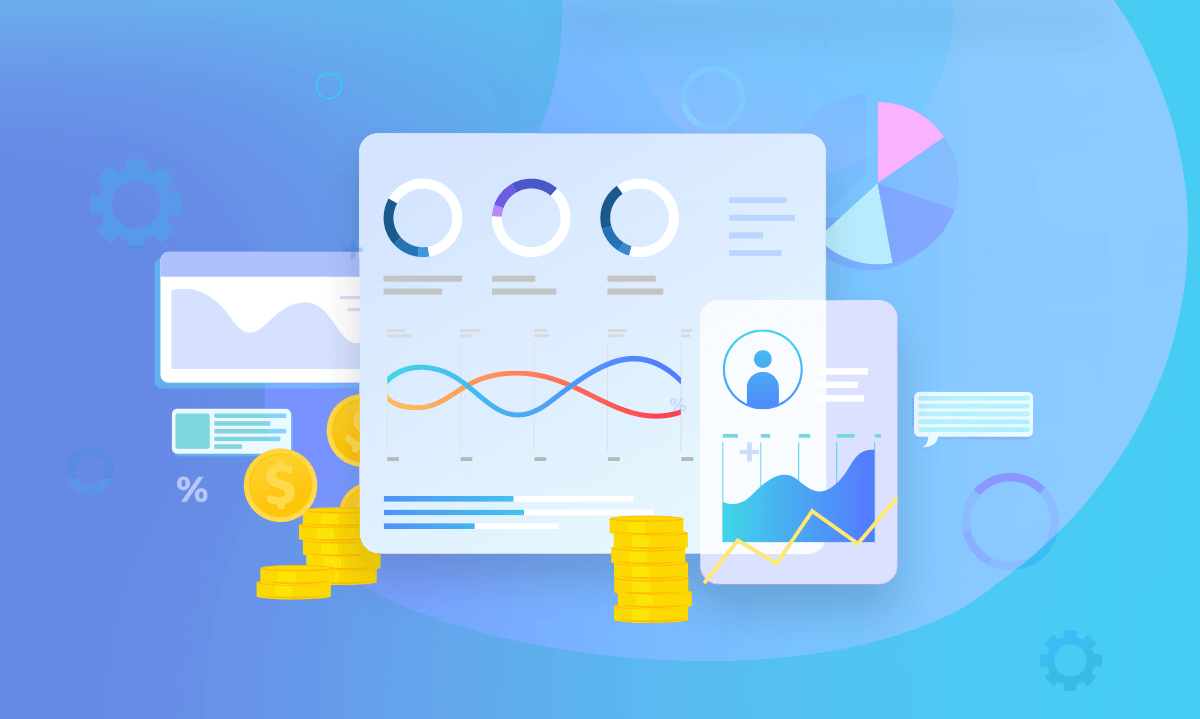How Much Is Your Data Actually Worth?
Two US Senators - Mark Warner (D-VA) and Josh Hawley (R-MO) - recently introduced a bill that would require big tech companies to tell you how much your data is worth, in dollar terms.
There's a misconception that services like Google and Facebook are "free" because people don't pay a monthly bill for them. And while it's certainly true that we don't pay cash for many of our online services, that doesn't mean we're not paying for them. Instead of a check, we hand over something that may be even more valuable - our data.
How does that happen? Well, if you're not taking steps to protect yourself, everything you do online is being tracked. The data that's collected during that tracking is then sold to advertising companies, so that they can target you with specific ads. And, increasingly, that data is hacked, misused, and stolen.
So how much is your data actually worth in dollars? The senators didn't include that information in their bill, but Rani Molla at Recode did some quick math to give us a general idea. Molla started with the amount that US digital media owners (including Facebook, Google, and online publications) are expected to receive in 2019 - which is $106 billion. He then divided that number by 250 million, which is the number of adults in the United States. That gave him $420 per year, or $35 per month, per person, if everyone was paying their portion. That's what it would cost for an ad-free internet, which would also mean an internet with less data tracking.
Molla points out that that number is a very rough estimate. For one thing, not everyone uses the internet the same amount - and some people don't use it at all. It would also be nearly impossible to distribute those $35 per person to all of the companies that do online advertising. And, of course, the internet would just look and feel completely differently than it does now - which may or may not be a bad thing.
When asked about this idea by Recode, Amazon and Google declined to comment on whether they'd consider offering ad-free versions of their services. Additionally, Facebook didn't respond to Recode's request for comment.
However, it's fair to say that none of these companies would consider adding ad-free versions of their sites. And, it would probably cost more than $35 a month for people to use all of them, plus read their favorite online publications ad-free. But it's an interesting thought experiment that highlights the fact that there could be possibilities for an internet outside of the current privacy-invading, data-tracking one that we're living under.
But we can't rely on the tech giants to change the status quo themselves. They're making money hand over fist - they have no reason to change the system. In the meantime, moves like this bipartisan one are a good step in the right direction, as are up-and-coming tech companies that make it possible to use the internet, without data tracking.
Share this postInstall Tenta Browser Free!
Start protecting your online privacy today with Tenta Browser.



